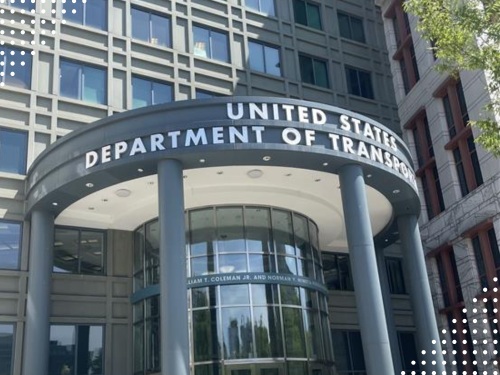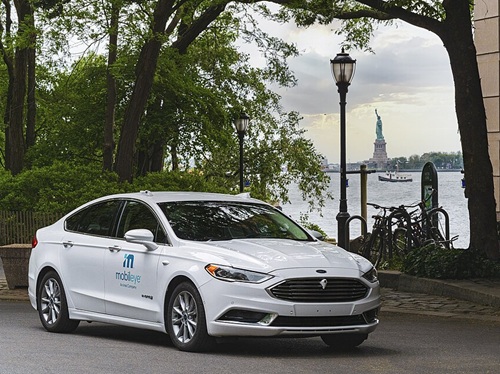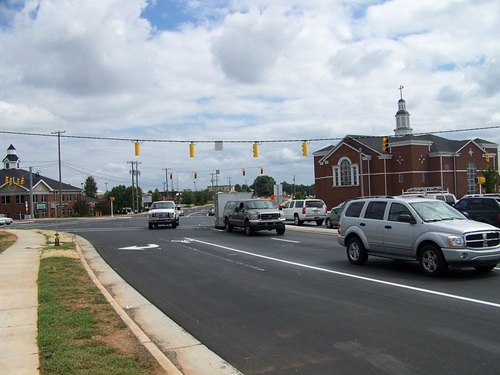The National Highway Traffic Safety Administration unveiled a new automated vehicle or AV framework to help establish a single set of national regulations to avoid what the agency termed a “harmful patchwork” of state laws.
[Above photo by Gilvan Camenio via Wikimedia Commons]
“As part of USDOT’s innovation agenda, our new framework will slash red tape and move us closer to a single national standard that spurs innovation and prioritizes safety,” explained USDOT Secretary Sean Duffy in a statement.
“This framework has three key components: number one, prioritize safety; number two, unleash innovation; and number, three enable commercial deployment,” he said. “The long-term goal here is
to move us closer to a single national standard. We don’t want 50 states with 50 standards; we want one national standard.”

[Editor’s note: The American Association of State Highway and Transportation Officials, along with other groups, has previously stressed that key components of AV roadway safety rulemaking need to remain in state and local hands. Whereas the regulation of motor vehicle safety – which includes the design, construction, and performance of a motor vehicle – should remain a “federal obligation,” AASHTO and other groups contend that state, territorial, and local governments need to remain the “primary authorities” where the “rules of the road” regarding AVs are concerned.]
USDOT noted accelerating work toward modernizing Federal Motor Vehicle Safety Standards is one of the first steps being taken to implement this AV framework; “blazing a path,” in the agency’s words, for the safe commercial deployment of AVs while improving both safety and mobility for communities.
To prioritize safety, NHTSA is maintaining its Standing General Order or SGO on crash reporting for vehicles equipped with certain advanced driver assistance systems or ADAS as well as automated driving systems or ADS. At the same time, the agency said it will streamline such crash reporting to “sharpen the focus” on critical safety information, while removing unnecessary and duplicative requirements.
NHTSA said it is expanding the Automated Vehicle Exemption Program or AVEP to now include domestically produced vehicles. Previously open only to imported AVs, AVEP has promoted vehicle innovation and safety through simpler, faster exemption procedures that allow companies to operate non-compliant imported vehicles on U.S. roads.
Announced via an open letter to AV developers, NHTSA Chief Counsel Peter Simshauser said this change should help eliminate what the agency called a “needless roadblock” to innovation.
“By streamlining the SGO for crash reporting and expanding an existing exemption program to domestic vehicles, we are enabling AV manufacturers to develop faster and spend less time on unnecessary process, while still advancing safety,” he added. “These are the first steps toward making America a more welcoming environment for the next generation of automotive technology.”
 Top Stories
Top Stories


